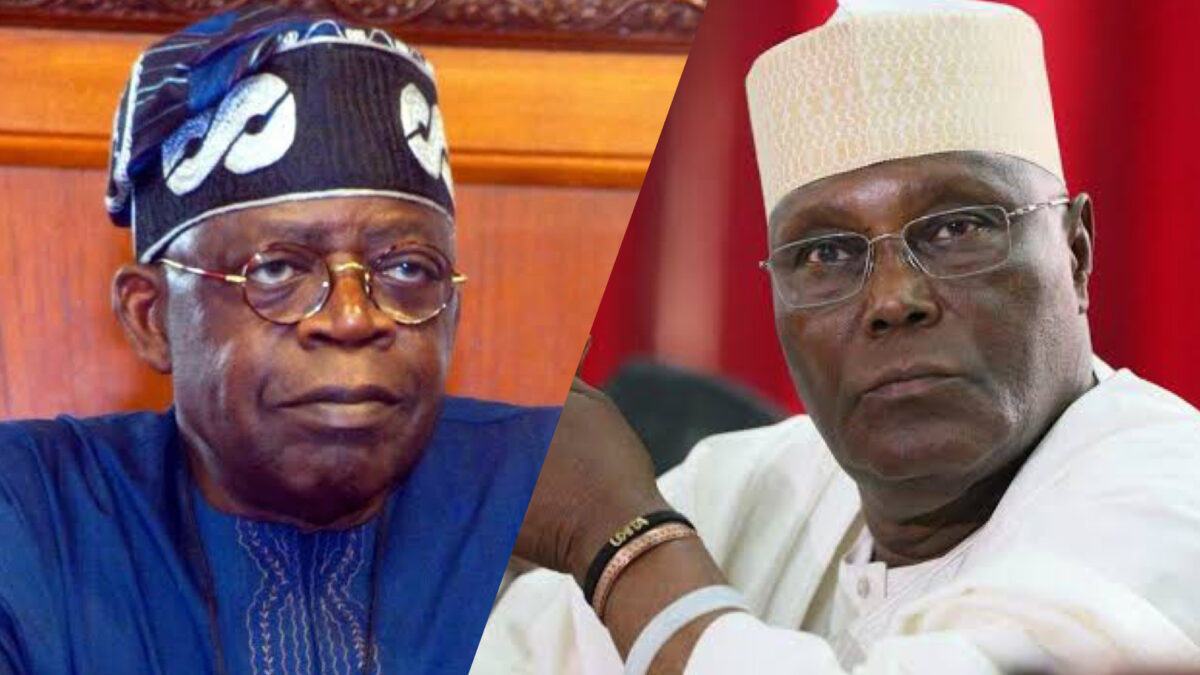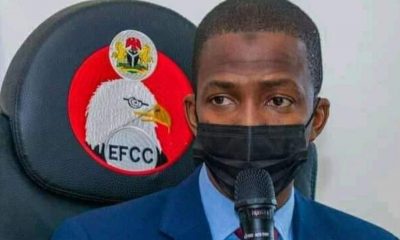Foreign
US court refuses to order top law enforcement agencies to release files on Tinubu

The United States District Court for the District of Columbia has refused to order top law enforcement agencies in the US to release confidential information on President Bola Tinubu.
An American, Aaron Greenspan, filed a suit in June under the Freedom of Information Act (FOIA) against the Executive Office for U.S. Attorneys, Department of State, Federal Bureau of Investigation (FBI), Internal Revenue Service, Drug Enforcement Administration, and the Central Intelligence Agency (CIA).

In his complaint, Greenspan accused the law enforcement agencies of violating the FIOA by failing to release within the statutory time “documents relating to purported federal investigations into” Tinubu and one Mueez Adegboyega Akande, who is now late.
According to Greenspan, the records being requested were from the Northern District of Illinois and/or Northern District of Indiana, “involving charging decisions” against both Tinubu and Akande.
In 1993, Tinubu was said to have forfeited $460,000 to the American government after authorities linked the funds to the proceeds of narcotics trafficking.
The issue of Tinubu’s forfeiture of the funds featured prominently at the Presidential Election Petition Tribunal (PEPT), where Atiku Abubakar and Peter Obi challenged the president’s eligibility to contest Nigeria’s presidency.
But the election court, in a unanimous decision on September 6, dismissed the suits, affirming Tinubu’s election.
Ahead of the Supreme Court’s hearing of Atiku’s case against Tinubu’s election on Monday, Greenspan had last Friday earnestly sought the US court’s intervention to order the FBI, the CIA, and others to fast-track the process of releasing the documents on Nigeria’s president.
Judge Beryl Howell, however, refused the application on Monday. Declining the request, Howell said Greenspan did not meet the preconditions for granting it.
“Plaintiff has failed even to attempt to argue how his request may overcome those exemptions and achieve a likelihood of success on the merits,” Howell said.
“This failure to address this important factor in his emergency motion weighs strongly in favour of denying his motion. The plaintiff falls far short of satisfying this standard.
“He has not supplied the court with any indication of a concrete, actual threat that he will suffer in the absence of an injunction.
“While his Emergency Motion states that a Nigerian Supreme Court hearing is scheduled to occur in the coming days, plaintiff cites no injury he will suffer that is in any way traceable to the relief requested in this motion.”

























